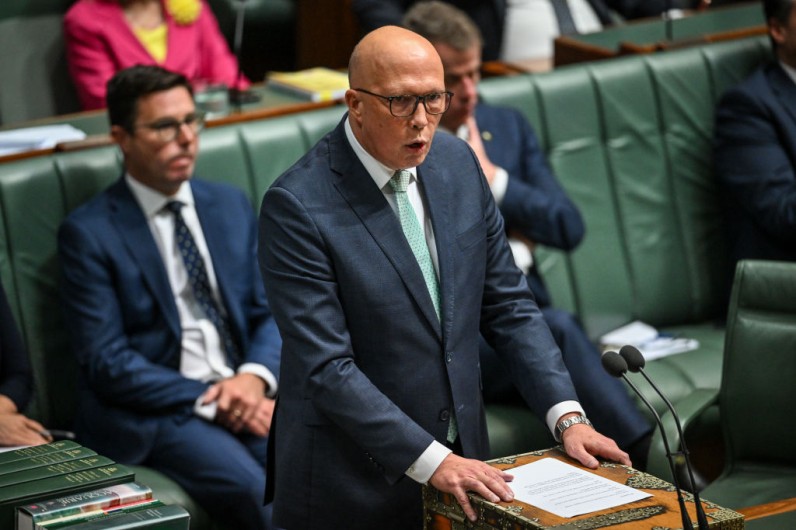
Peter Dutton's ambitious plan to introduce nuclear power across Australia faces major financial and logistical challenges that could jeopardize its implementation.
Sydney Morning Herald reported that the proposal, which includes building seven nuclear power plants nationwide, has sparked concerns primarily over its expensive implications for taxpayers and the federal budget.
Despite the project's magnitude, Dutton has refrained from providing detailed cost estimates, acknowledging only that the expenditure would be substantial. This lack of transparency has raised eyebrows, especially considering the massive costs usually associated with nuclear energy projects.
READ MORE : Bill Gates Announces Billions for Next-Gen Nuclear Plant in Wyoming to Address US Energy Demand
Nuclear Power Plants on Taxpayers
Critics argue that the financial burden of nuclear power plants would fall squarely on taxpayers, potentially burdening future generations with more debt.
Internationally, the construction of nuclear power plants has been plagued by delays and cost overruns, according to VCPost. Recent examples like the Vogtle 3 and 4 plants in Georgia illustrate how initial estimates can increase over time.
These plants were completed seven years behind schedule, with costs already soaring billions of dollars above projections.
Moreover, concerns over managing nuclear waste and environmental risks are also being considered.
Dutton argues his power plant by stating his intention to use existing technologies and establish economic development zones near nuclear power plants, which are expected to bring advantages like reduced electricity costs and improved infrastructure.
However, critics believe these proposals are feasible and financially viable and are met with strong resistance from states where nuclear power is banned.







Join the Conversation